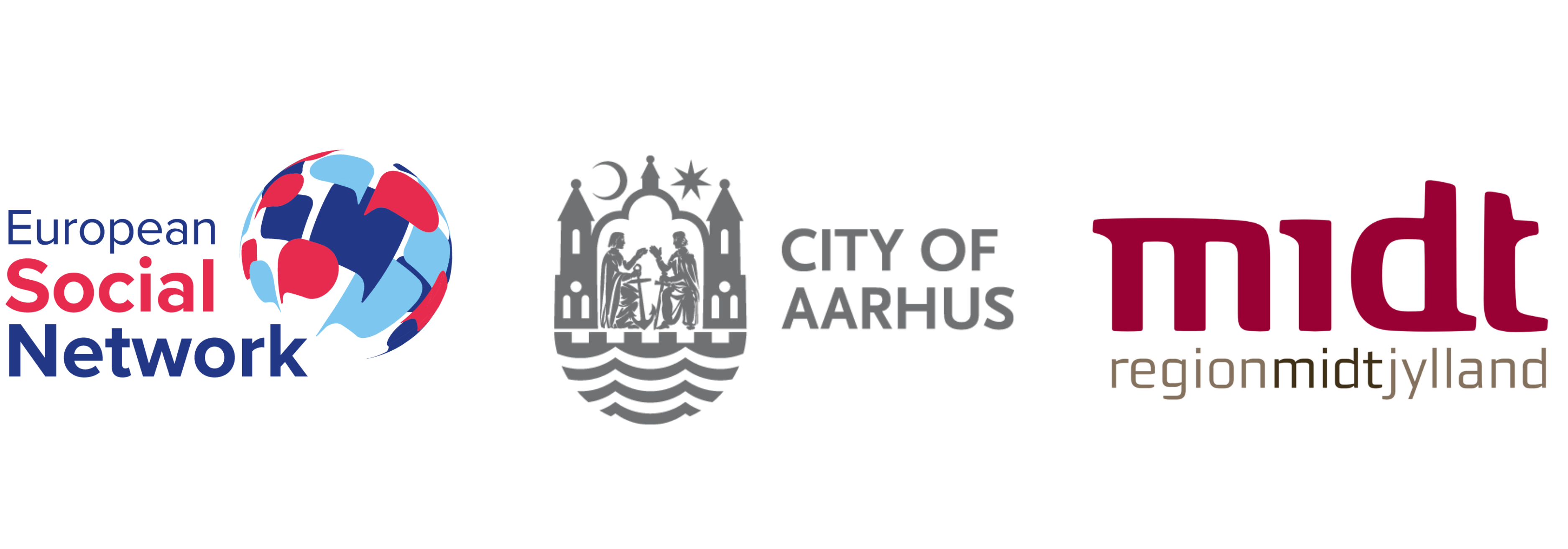interactive sessions
18 interactive workshops and case studies running in parallel over 3 sessions on 14 and 15 June:
Case Study Session: During this session a practice, service model, project, new idea (already implemented with some form of evaluation) that the audience can learn from and stimulate discussion will be presented. The session will include Q&As and interactive discussion.
Workshop Session: This will take the form of an interactive meeting or educational session designed to create a specialised result, for example a guidance or learning that participants can use afterwards. It will include some form of training and/or group work.
INTERACTIVE SESSION A: 14 JUNE 14:15-15:15
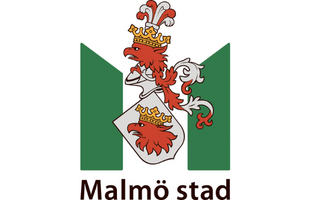
Presenters will take participants through a range of social work programmes implemented in Malmö’s social services to provide citizens with new possibilities of self-service and effective communication through digital apps, chat services and an open digital journal.
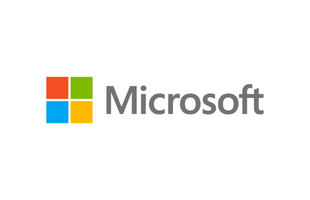
A modern child welfare solution that is flexible to policy needs, supports caseworkers and case participants is essential. Built on Microsoft Dynamics 365, this Next Generation Child Welfare software provides a modern, cloud-based solution that is focused on the user and how casework can be simplified with better data-driven insights, and communication between case participants.
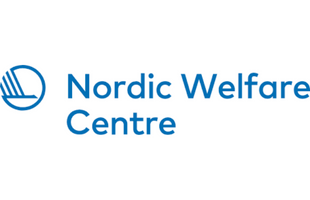
Welfare technology can play an increasingly important role in person-centred care solutions that facilitate independent living. In collaboration with end-users, professionals and public authorities at national, regional and local levels, the Nordic Health and Welfare Technology Research Network has explored the different needs of welfare technologies in social services.
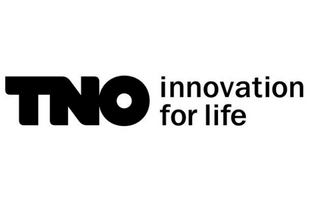
Technology has a great potential to support the route to employment for people with intellectual disabilities by making complex work more accessible. Participants will learn about a project in the Netherlands centred around a transferable model for co-producing and evaluating technologies for people with intellectual disabilities far the labour market.
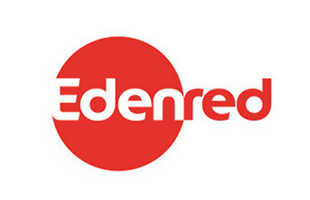
Social vouchers are targeted and adaptable instruments to support people in need. In the 90s, the French Red Cross started to use vouchers to address poverty. This experience led to various solutions worldwide evolving from paper to digital technologies that support people in poverty access essential goods and food.
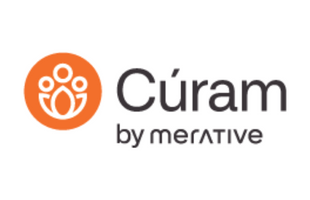
This workshop will call out six key areas that need to be considered as the ecosystem of health and social protection organisations continue to work together to improve coordination between themselves, their services, find new efficiencies, and embrace new technologies to support the best outcomes for individuals.
INTERACTIVE SESSION B: 14 June 16:15-17:15
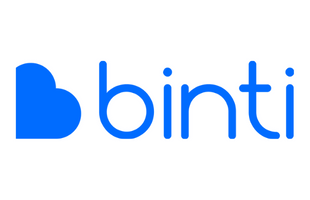
Modern systems have the power to integrate workflows across teams to improve service delivery and aggregate data to inform decision-making that improves child outcomes. Better technology for workers, providers, and families reduces time on administrative tasks, improves collaboration, and increases time spent on value-added services.

As part of a new digitalisation strategy for social services, the central and local Norwegian Labour and Welfare Administrations (NAV) launched ‘Digisos’- a digital service through which people can request financial and social support and view the status of their case.
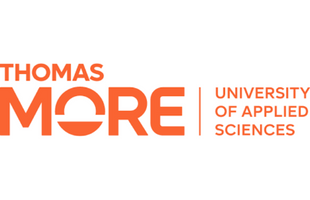
How to determine a fair amount of support for people in need? CEBUD, a research and consultancy centre for Budget and Financial Well-being in Belgium, developed REDI (Reference budgets for a Decent Income) to respond to social workers’ demands for an instrument that customises person-centred budgets.
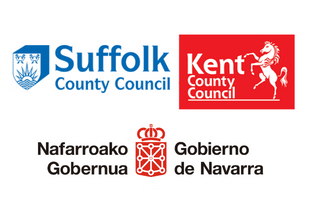
Social services across Europe are engaging in the digital transformation of their care and support. To make sure this transformation is leading to services that meet citizens’ needs, co-design is key from the start. This interactive session will bring together the experiences and lessons learned of three public authorities in England and Spain, who are at different stages of their transformation journey.
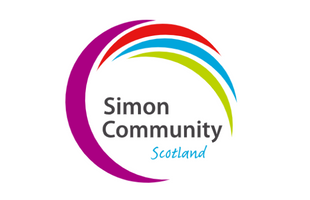
Through the app called ‘By my side’, this project provides access to digital services to ultimately reduce drug related deaths and homelessness through support, education, and social inclusion. Designed through a gendered specific lens, for anyone who may be using substances, the ‘By My Side’ app has been co-developed with women supported by Simon Community Scotland.
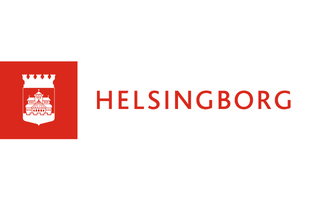
The Health and Care Department in Helsingborg, Sweden, developed a tool consisting of an AI model that proactively identifies users at high risk of extensive future needs and individuals with the highest potential for rehabilitation.
INTERACTIVE SESSION C: 15 June 09:30-10:30

A study of five regions in the Nordics developing integrated services underpinned by digitalisation and welfare technology secured its success thanks to communication and knowledge sharing, common goals, and trust between the agencies involved.
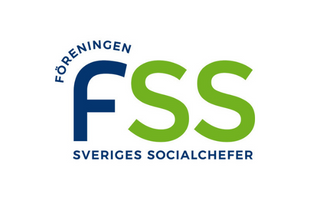
In 2021, a cyber-attack crippled all IT functions including internet, email, case records, the telephone system and digital communication of the social services in Kalix, Sweden. Drawing on the lessons of this experience, participants in this workshop will understand what measures they can take in their own workplaces to prepare for the consequences of a cyberattack, specifically to mitigate the impact on workforce and people using services.
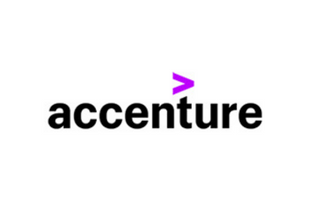
Active inclusion measures can be supported by artificial intelligence to promote inclusion, accessibility and empowerment. The Andalusian Employment Service (Spain) has adopted a statistical profiling tool that uses AI to understand and predict changes in the labour market, and to offer job counsellors information that they can use to support job seekers.
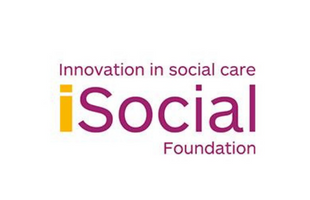
Loss of personal documentation is an issue that can lead to many problems for homeless people. Meanwhile, 80% of homeless people in Spain have a phone, and various international projects have demonstrated the benefits of safely storing documentation in the cloud.
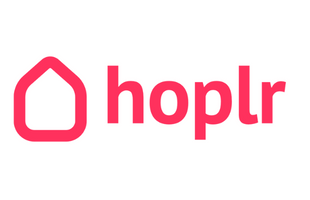
Hoplr -Neighbourhood Concierge Matching Residents in Need with Neighbours
Hoplr is an app that supports community engagement through several possibilities like matching volunteers and people with needs, organising local projects and putting in place neighbourhood communication activities.
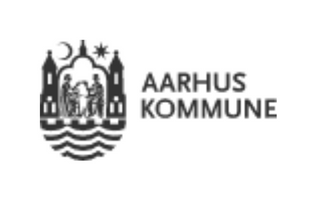
Through a partnership of 11 Danish municipalities and the NGO Centre for Digital Youth Care, the BRUS programme aims to strengthen children’s and youth’s capabilities to handle the challenges associated with an upbringing in families marred by alcohol or drug abuse.
